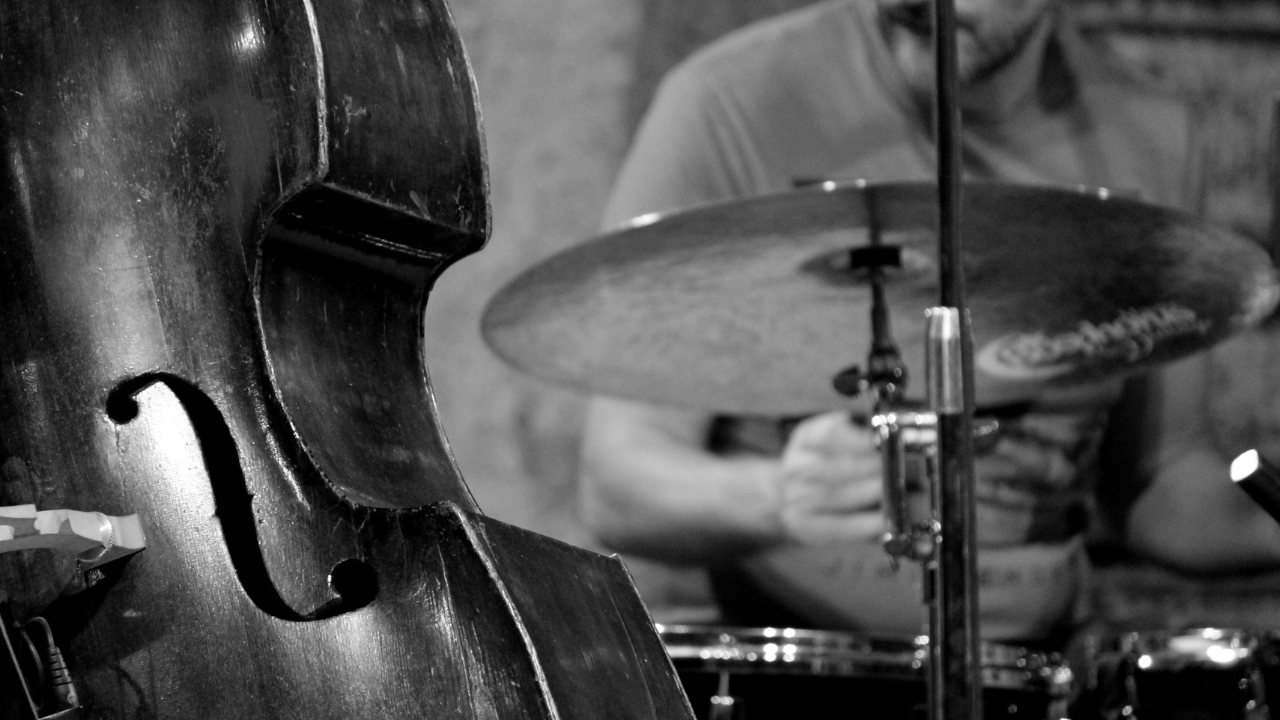If you’ve ever wondered how your favorite songs are made, then you’re thinking about the magic of a music producer. A music producer is like the captain of a ship—they guide the entire process of creating a song or an album. They help with everything from writing music to recording and editing tracks.
Becoming a music producer isn’t as hard as it sounds, but it does take time, effort, and the right knowledge. The good news? With some passion and practice, you can learn how to make amazing music. Let’s explore how to become a music producer, step by step.
What is Music Production?
Music production is the process of creating music from scratch. This can include:
- Composing melodies (writing the tune).
- Arranging instruments (deciding which sounds go where).
- Recording sounds or vocals.
- Mixing and mastering (making everything sound clean and professional).
As a music producer, your job is to turn raw ideas into a polished song that people love to listen to.
Step 1: Understand What a Music Producer Does
Before you jump in, it’s important to know what a music producer actually does. A producer:
- Creates or helps refine songs.
- Records and edits audio tracks.
- Collaborates with artists, singers, and instrumentalists.
- Manages the overall feel or vibe of a project.
Producers work in many ways. Some producers focus on electronic music and use computers for everything, while others prefer to work with live bands in a recording studio.
Step 2: Start With a Passion for Music
Do you love listening to music? Do you spend hours humming your own tunes or tapping beats on a table? That’s the first step—passion! Music production is fun and rewarding, but it also takes patience and a love for creativity.
- Listen to different genres of music. Pay attention to how songs are structured.
- Try to understand what makes your favorite songs stand out.
- Keep an open mind and explore styles that are new to you.
Passion is the fuel that will keep you motivated as you learn and grow.
Step 3: Learn the Basics of Music Production
You don’t need to be an expert when you start. Everyone begins as a beginner. Here are the basics you’ll need to know:
- Music Theory: Learn simple things like chords, melodies, and rhythms.
- Recording Equipment: Understand microphones, audio interfaces, and monitors.
- Editing Software (DAWs): This is where you’ll make and edit music. Popular options are Ableton Live, FL Studio, and Logic Pro.
Don’t be overwhelmed. Take it one step at a time, and remember, practice makes perfect.
Step 4: Set Up a Home Studio
You don’t need a fancy studio to start producing music. A small, affordable setup at home is enough for beginners. Here’s what you need:
- A Computer: Almost any modern laptop or desktop will do.
- DAW Software: This is where you’ll create your music. Try free options like Audacity or GarageBand to get started.
- MIDI Keyboard: A simple keyboard helps you play and record melodies.
- Good Headphones: A pair of decent headphones is essential to hear every detail of your tracks.
Start small. As you improve, you can upgrade your equipment.
Step 5: Practice Makes Perfect
Learning to produce music is like learning to ride a bike—it takes practice! Start with small projects like:
- Making beats using free samples.
- Remixing your favorite songs.
- Collaborating with a friend who sings or plays an instrument.
The more you practice, the more confident you’ll feel. Don’t be afraid to make mistakes. Every producer started as a beginner, and mistakes are part of the journey.
Step 6: Learn Digital Audio Workstations (DAWs)
A Digital Audio Workstation (DAW) is software that helps you create music on your computer. Popular DAWs include:
- FL Studio: Great for beginners, especially for making beats.
- Ableton Live: Perfect for electronic music and live performances.
- Logic Pro: A favorite for Mac users.
Spend time exploring your chosen DAW. Watch online tutorials, experiment with the tools, and try creating your first track.
Step 7: Build Your Own Music Portfolio
Your portfolio is your collection of songs that shows what you can do as a music producer. Think of it as your musical resume. Here’s how to build one:
- Create Your Own Songs: Experiment with different styles like pop, rock, or EDM.
- Remix Popular Tracks: Put your own spin on a song.
- Collaborate With Others: Work with local musicians or singers to create something new.
Don’t worry if your early work isn’t perfect. Keep creating and improving.
Once you’ve made some music, it’s time to share it. Start by:
- Uploading your songs to platforms like SoundCloud or Bandcamp.
- Using social media to post clips of your work.
- Distributing your music to streaming platforms like Spotify. Services like Deliver My Tune make this easy.
Sharing your work is a great way to get feedback and grow your audience.
Step 9: Keep Learning and Growing
Music production is a journey, not a destination. As you grow, keep learning:
- Watch YouTube tutorials or take online courses.
- Stay updated on the latest music trends.
- Network with other producers and musicians.
The more you learn, the better you’ll become.
Step 10: Overcome Challenges as a Beginner
Every beginner faces challenges. Here are some tips:
- Feeling Stuck? Try listening to new music for inspiration.
- Low Budget? Use free tools and upgrade later.
- No Support? Join online communities like Reddit or Facebook groups for music producers.
You’re not alone in this journey. Many producers started with limited resources and grew step by step.
Why Deliver My Tune Can Help You
If you’re an aspiring music producer, platforms like Deliver My Tune can help you:
- Distribute Your Music: Get your tracks on Spotify, Apple Music, and more.
- AI Mastering Services: Make your music sound polished and professional.
- Social Media Management: Build your online presence and connect with more fans.
Using these tools can make your journey easier and help you reach more listeners.
Final Thoughts: You Can Do This!
Becoming a music producer is an exciting adventure. Start small, practice regularly, and never stop learning. Remember, every successful producer started as a beginner. If they can do it, so can you.
The world is waiting for your music. So grab your headphones, fire up your computer, and start creating!
Related Articles:
For further reading, explore these related articles:
- What Is an Open Mic? Everything You Need to Know About Open Mic Nights
- How Can I Get a Copyright: A Complete Beginner’s Guide
For additional resources on music marketing and distribution, visit Deliver My Tune.






